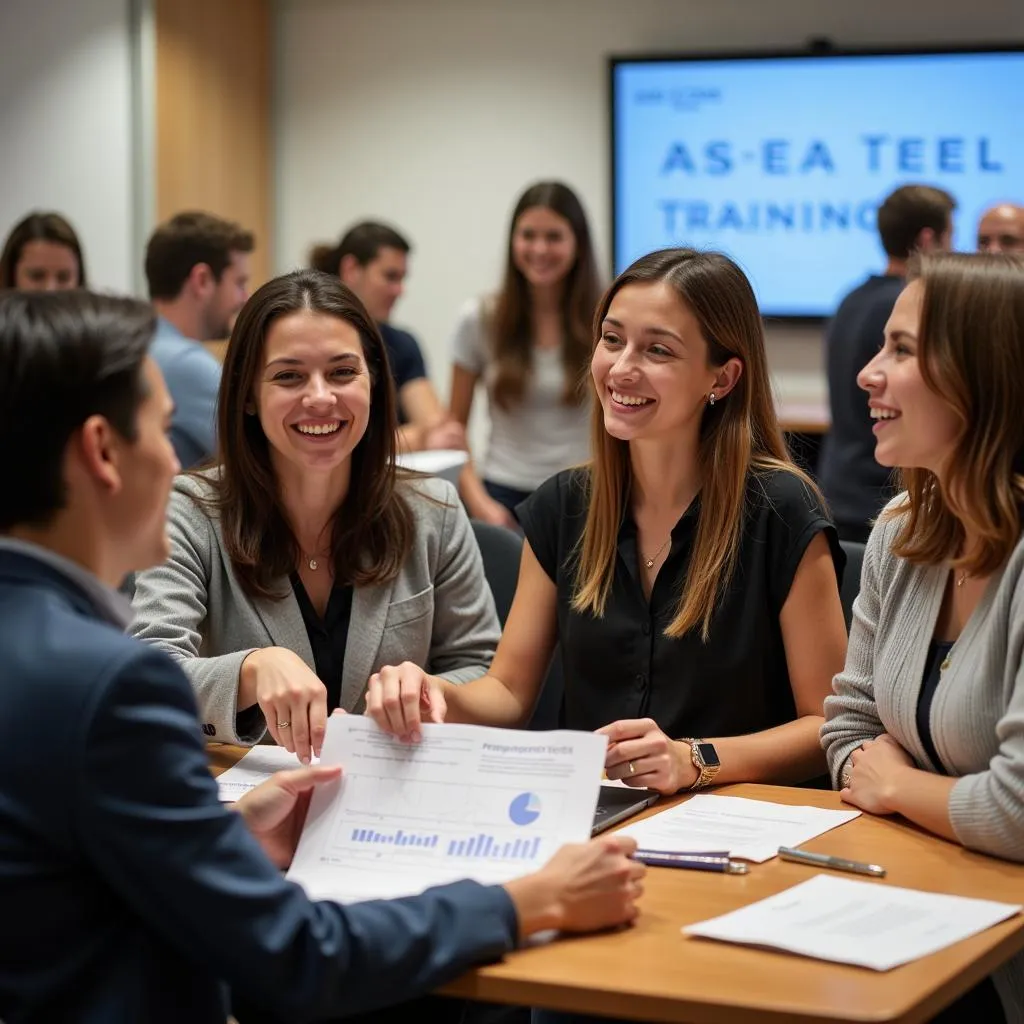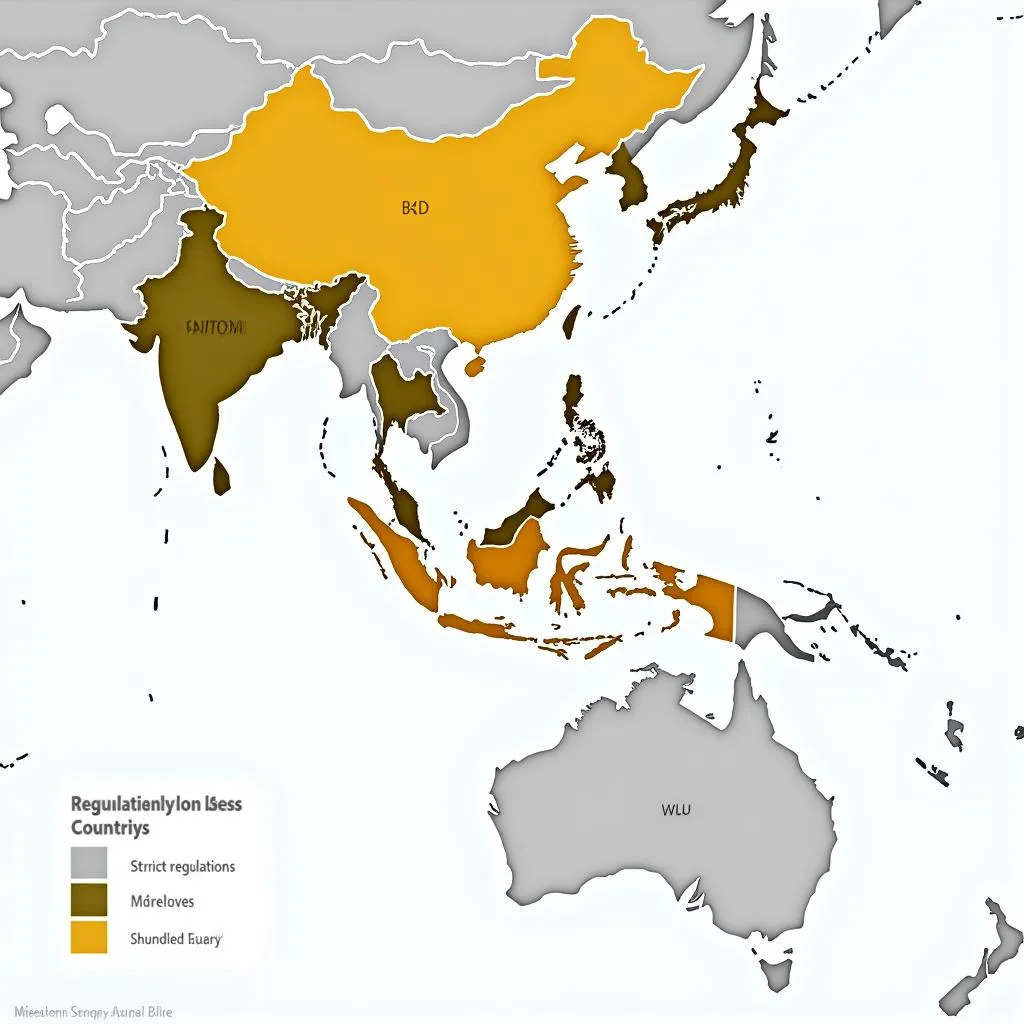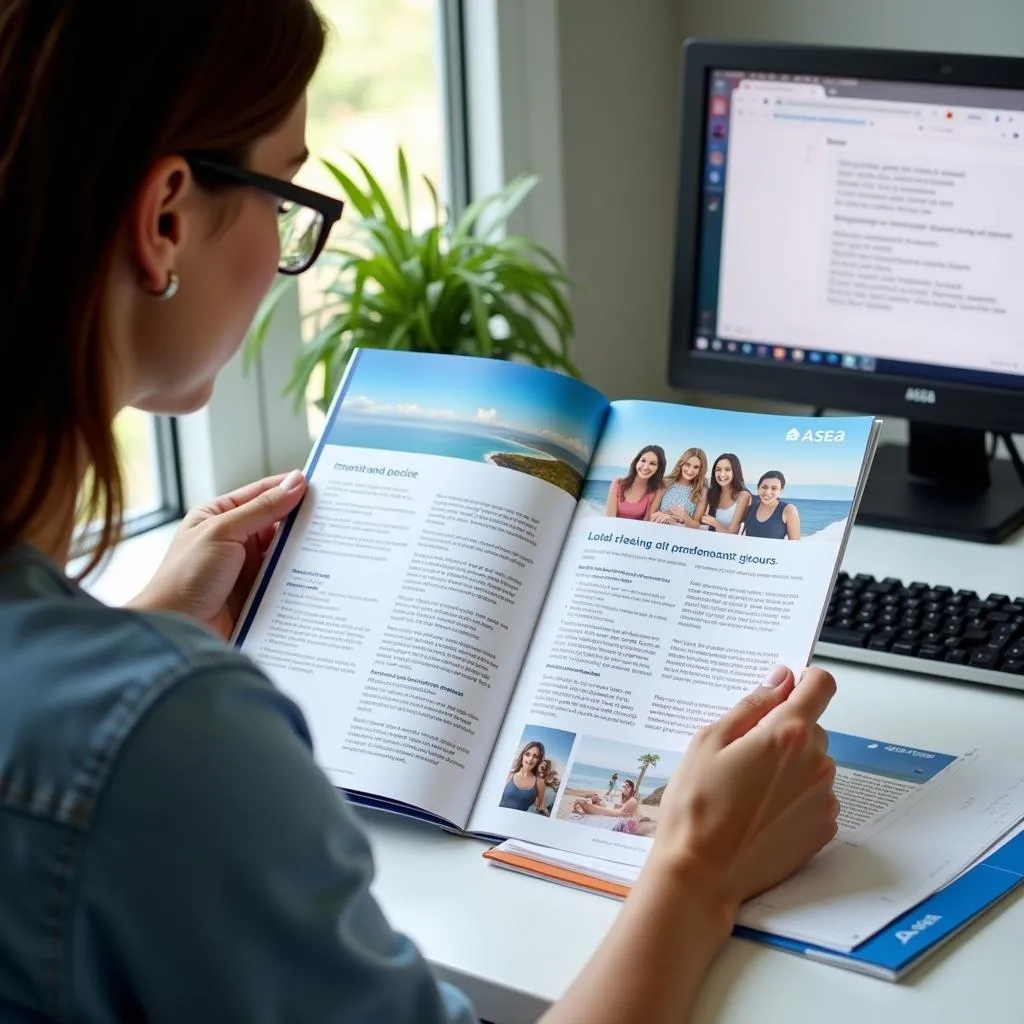The term “Asea 传销” often surfaces in online discussions about business opportunities in Southeast Asia. This phrase, combining the name “ASEA” with the Chinese term for multi-level marketing (“传销” or “chuan xiao”), hints at a complex intersection of health and wellness products, direct selling, and the regulatory landscape of the region. This article aims to shed light on this often misunderstood topic.
What is ASEA?
ASEA is a company that produces and markets a beverage product containing what they describe as “redox signaling molecules.” These molecules, naturally occurring in the human body, play a role in cellular communication and health. ASEA claims their product replenishes these molecules, potentially offering various health benefits. However, it’s crucial to note that these claims are not evaluated by the Food and Drug Administration (FDA) or similar regulatory bodies in Southeast Asia.
ASEA’s Business Model: Multi-Level Marketing (MLM)
ASEA utilizes a multi-level marketing (MLM) model, also known as network marketing or direct selling. In this model, individuals don’t just purchase the product; they also have the opportunity to become independent distributors. Distributors earn income through direct sales and by recruiting others into the network, creating a downline. Their earnings are often tied to both their sales and the sales of their downline.
 ASEA distributors attending a training session
ASEA distributors attending a training session
ASEA 传销: Navigating the Regulatory Landscape in Southeast Asia
The legality and perception of MLMs vary significantly across Southeast Asia. Some countries have specific laws regulating MLMs, while others lack clear regulations. This ambiguity can lead to challenges, with some companies operating in legal grey areas and concerns about potential pyramid schemes.
Here’s a glimpse into the varying stances:
- Singapore: MLMs are legal but heavily regulated. Companies must adhere to the Multi-level Marketing and Pyramid Selling (Prohibition) Act to prevent exploitative practices.
- Malaysia: MLMs are legal but subject to guidelines set by the Ministry of Domestic Trade, Cooperatives, and Consumerism. Pyramid schemes are strictly prohibited.
- Indonesia: MLMs are permitted, but concerns about pyramid schemes persist. The government has taken steps to crack down on illegal schemes and protect consumers.
- Thailand: Similar to other countries in the region, MLMs operate within a framework of regulations designed to prevent pyramid schemes.
 Map highlighting MLM regulations in Southeast Asia
Map highlighting MLM regulations in Southeast Asia
Dr. Siti Norbaya, a legal expert specializing in consumer protection in Southeast Asia, notes:
“The key distinction lies in the emphasis on product sales versus recruitment. Legitimate MLMs prioritize product sales as the primary source of income, while pyramid schemes focus heavily on recruitment and often lack genuine product value.”
ASEA and Consumer Protection: Points to Consider
- Product Claims: Be critical of health and financial claims made about ASEA’s products. Independent research and consultation with healthcare professionals are crucial.
- Earning Potential: Understand that MLM success requires significant effort and business acumen. Income is not guaranteed and often varies greatly.
- Recruitment Practices: Be wary of high-pressure recruitment tactics or promises of unrealistic earnings. Legitimate MLMs prioritize ethical business practices.
 A consumer critically evaluating ASEA marketing information
A consumer critically evaluating ASEA marketing information
Conclusion: Due Diligence is Key
The presence of ASEA and its MLM model in Southeast Asia underscores the importance of informed decision-making. Consumers considering ASEA products or the business opportunity should exercise caution, conduct thorough research, and seek independent advice. Understanding the regulatory environment and being aware of potential risks associated with MLMs are essential steps in making sound choices.
FAQs About ASEA and MLM in Southeast Asia
1. Is ASEA a pyramid scheme?
Determining whether a specific MLM company, including ASEA, constitutes a pyramid scheme requires careful examination of its compensation structure and business practices. Simply operating as an MLM doesn’t automatically make a company a pyramid scheme. However, if recruitment is overly emphasized over product sales, it raises red flags.
2. Are ASEA products scientifically proven?
ASEA makes various claims about the benefits of its products based on the presence of “redox signaling molecules.” However, it’s essential to note that these claims have not been evaluated by major regulatory bodies like the FDA in the United States or their equivalents in Southeast Asia.
3. Can I make money with ASEA’s MLM model?
Earning potential in any MLM, including ASEA, varies greatly and is not guaranteed. Success depends on various factors, including individual effort, market saturation, and the company’s overall growth. It’s crucial to approach MLM opportunities with realistic expectations and understand that significant effort is often required to generate substantial income.
Need Help?
For any inquiries or assistance, please feel free to contact us:
Phone Number: 0369020373
Email: aseanmediadirectory@gmail.com
Address: Thon Ngoc Lien, Hiep Hoa, Bac Giang, Vietnam.
Our dedicated customer support team is available 24/7 to address your needs.